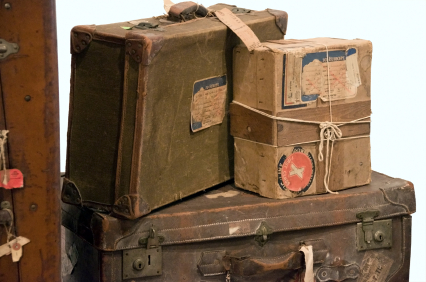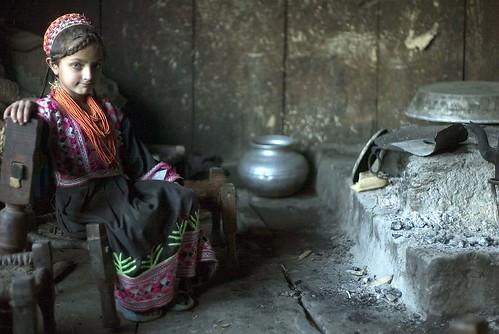Recently out of college, I had just returned to California from New York and was sleeping at a friend’s house when the blaring television cut through my haze of jetlag.
“That’s New York,” my friend said flatly, gesturing to the burning Twin Towers on the screen.
Anyone who remembers September 11, 2001, can tell you not only exactly where they were when they learned about what happened, but how they found out. As with any major global event of the day, the news was delivered via television, the radio or calls from friends.
Ten years later, news of the most pivotal event in the so-called war on terror also offers a glimpse at how much the media landscape has changed in the past decade.
Like many of my friends and colleagues, I learned of Osama bin Laden’s death on Facebook, while many others caught the news on Twitter. In fact, it was a matter of moments before former Rumsfeld aide Keith Urbahn’s 7:24pm Twitter post emerged as the “tweet heard ’round the world,” and sparked a social media firestorm.
“The way that the news of such a dramatic, sudden development spread around the world provides an interesting impression of today’s news landscape,” notes Federica Cherubin at Editors weblog.
If anyone has questioned the power and cultural relevance of social media in today’s news landscape, such doubts can finally, like the terrorist leader himself, be put to rest.
A decade is not a long time, and I find it fascinating how drastically the media landscape has changed. Will Facebook, Twitter and the like be around ten years from now? Twenty?
How will journalists report the next huge international media event and via which device will the news be distributed?
A different post for a different day, but the coverage of bin Laden’s killing marks the closing of a chapter, however symbolic, in more ways than one.




